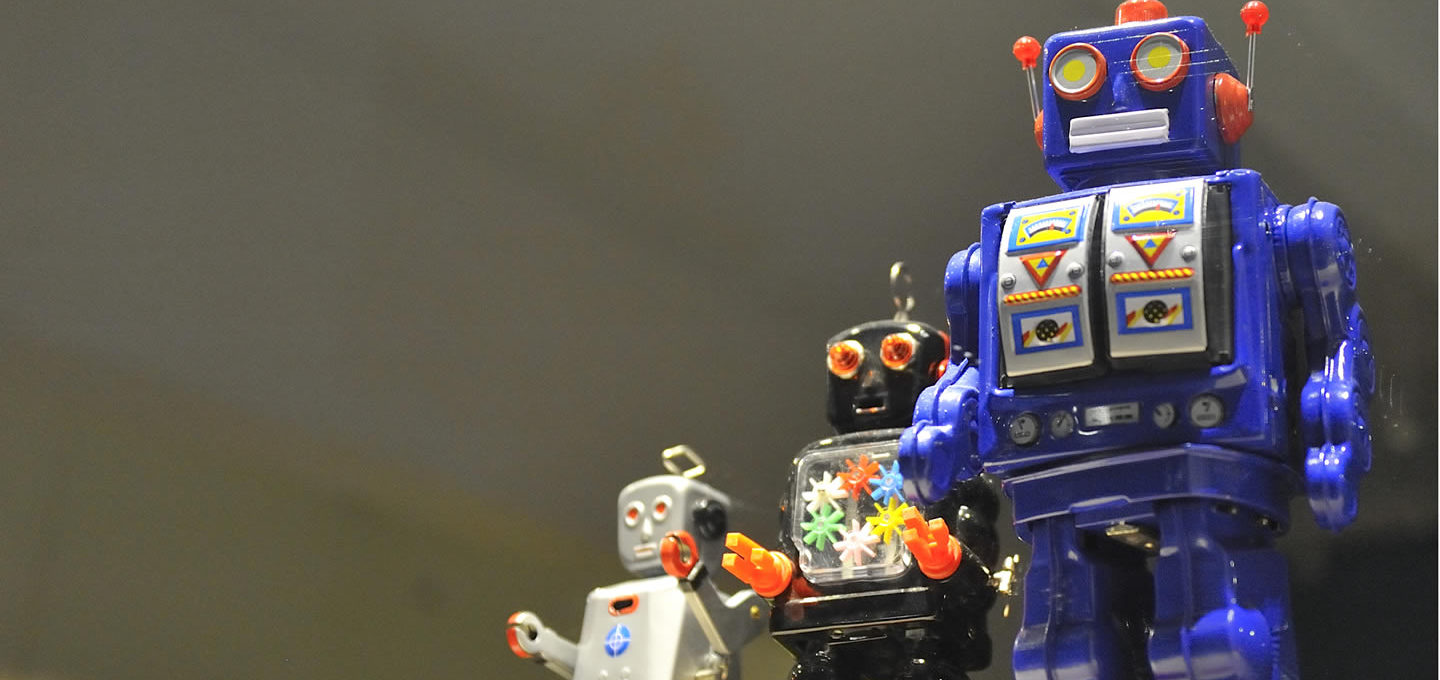According to American philosopher Elbert Hubert, “One machine can do the work of fifty ordinary men. No machine can do the work of one extraordinary man.”
Then again, not every machine is programmed with artificial intelligence (Al) – constructed so they react and function just like a human being. One way of testing just how far the machines have come is to play them in a variety of logic games. Many games that are playable online now are playable against a computer opponent, and it just keeps getting smarter.
Bots too, are becoming harder and harder to spot. What used to be easy to dismiss as an annoying pop-up or chat-box, now finds form as a fellow player in an online poker tournament. Perhaps that’s why games such as online roulette remain popular, for the outcome is based on probability.
One thing seems certain: humanity should never take the ability of AI for granted. The humiliating defeats of some top game players in the past few years have more than proved that machines are more than capable of unbalancing the odds.
1. Deep Blue outwits Kasparov
Kasparov is widely considered the greatest chess master of all time, but the Russian was powerless to stop IBM supercomputer Deep Blue defeating him in their 1997 rematch – just over a year on from when Kasparov had defeated the android four games to two.
Despite Kasparov’s accusations that human chess players had tampered with the machine during the second game, Deep Blue’s triumph remains a milestone for AI. It became the first mechanical system to outsmart a reigning world champion in a match under standard chess tournament time controls.
Deep Blue received a significant upgrade between the two encounters which enabled AI to forecast all feasible moves ahead and anticipate the possible responses from Kasparov.
This data method is known as parallel processing – a procedure which breaks down assignments into manageable computing tasks and completing those tasks in the same motion. The consequential data is then accumulated back together for the outcome.
2. Chinook, the Draughts Master
Chinook was assembled by the University of Alberta and crowned Man-Machine World Champion in 1994 having contested six games against checkers legend Marion Tinsley.
Chinook’s algorithm consisted of a deep search modus operandi and a positive move evaluation function. However, all of Chinook’s knowledge was programmed by its creators, rather than learned with AI.
3.Watson leaves dreams of Rutter and Jenners in Jeopardy
This classic American gameshow gained fans around the world due to its unusual question format. Contestants would be presented with a range of topical clues, and must try to figure out what question could have that resulted in these clues. This question, in turn, formed the answer. Confused? AI Watson made it look like child’s play.
IBM’s Watson computer competed against Ken Jennings, holder of the longest winning streak on Jeopardy and Brad Rutter – the highest earning contestant in the history of the show.
Watson’s ability to both answer questions posed in natural language and to effectively search for the answers enabled him to emerge victorious. Both events were televised, with a $1 million-dollar prize that was subsequently donated to charity.
4. No stopping AlphaGo
British artificial intelligence company Deepmind made headlines in 2016 through their system AlphaGo following its success over European Go champion Fan Hui. This abstract strategy board game was invented in Ancient China and is notoriously more complex than chess due to having a higher number of potential moves and game situations.
Favouring cautious manoeuvres over a gung-ho approach, AlphaGo romped to victory and became the first AI to be ranked professionally in the discipline. By utilising the Deep Learning AI System, AlphaGo draws on past experiences to select the most rational choice – one that boasts the highest number of positive conclusions.
5. Libratus – The Perfect Poker Face
Games such as chess and Go share one thing in common: opponents are able to view each other’s moves. Not so in the world of poker, where the whole objective is to keep your opponents from learning your hand.
More than 15 million hours of computer processing power went into Liberatus – an AI that was set to change the face of this classic card game. Through extensive analysis of the trillions of possible hands that could be played, Libratus was able to adapt its poker-playing strategy to arrive at the winning hand. During a competition that lasted over 20 days, the AI managed to oust four of the world’s leading poker players.
This feat is even more remarkable given the different facets involved in poker such as bluffing and being unable to see the cards in other player’s possession.
Tuomas Sandholm, professor of computer science at Carnegie Mellon, labelled the event as “historic”.
“Othello, Chess, Go, Jeopardy have all been conquered, but this remained elusive: this is a landmark in AI game-play,” he said.
Photograph by Rog01

